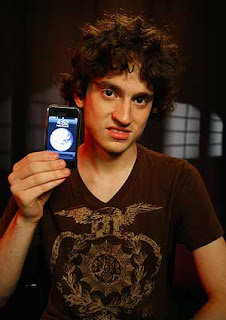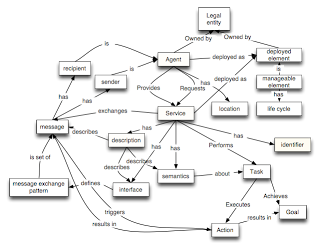The Create Your Own Phenomenon

Arena Stage is in the middle of a rebranding campaign in preparation for the opening of the Mead Center in 2010. The first part of the rebranding campaign is finished, and we now have a new brand platform. The new brand platform embraces the fact that our audience's purchasing behaviors are very different then they were ten years ago when our last brand refreshment occurred and this was a little alarming for some of the Arena Stage staff. Thanks to the amazing work of Danny Newman, many marketing professionals have been trained since day one that the goal of any cultural institution is to design a complete season that can be packaged and sold as one product -- a complete cultural sampling if you will. Arena Stage operated under this belief for a long time, and only recently started selling subscription packages that didn't contain the entire season. We now recognize that although our full season subscribers are incredibly important and valuable to us, our acquisition campai...










